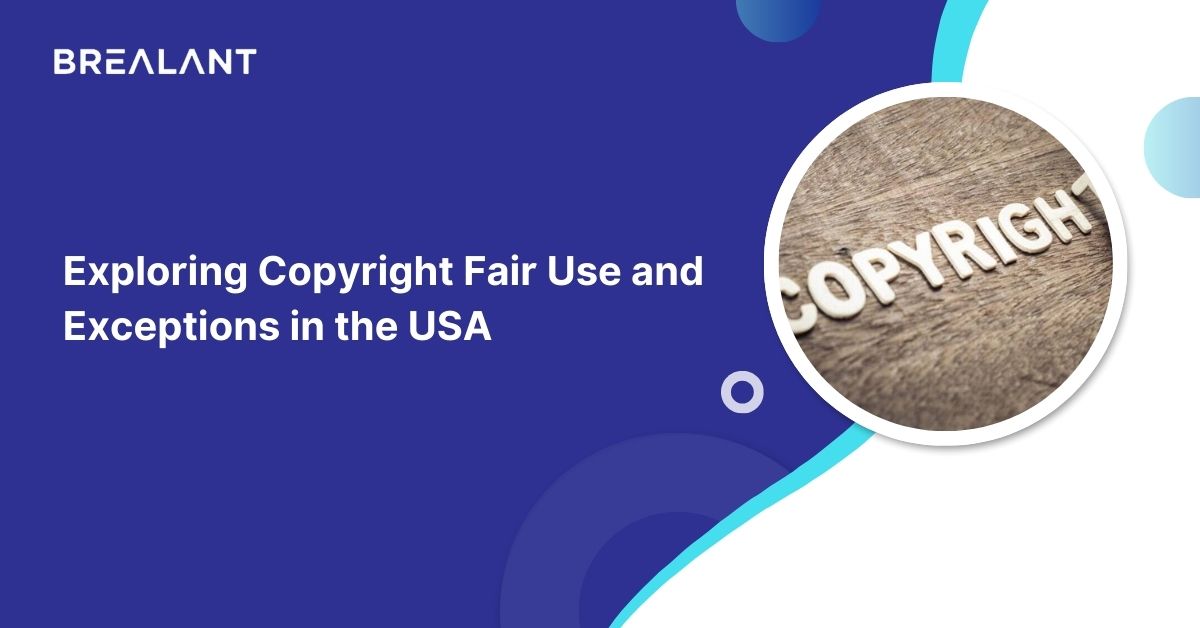

Copyright protects one's creative works, such as art, music, poems, etc., and prevents others from using it without the creator's permission. Using or copying someone's copyrighted work leads to infringement, and the infringing party should pay and compensate for the losses to the copyright owner. However, there are some cases in which using a copyrighted work without the creator's permission is acceptable. It is called the copyright fair use and exceptions, and it is acceptable only when the use is limited to certain conditions. Let us dive deep into copyright fair use and exceptions in the USA.
Anyone who wants to use, modify, or sell the copyright of others should obtain a proper license before doing that. If not, it will result in copyright infringement, and the infringer has to pay for the losses that occurred because of the infringement to the copyright owner. In certain cases, using one's copyrighted work is acceptable. They are,
The first two exceptions state that copyrighted work can be displayed for a teaching purpose in a face-to-face or online classroom. Also, the TEACH Act requires a copyrighted statement to be mentioned in the learning materials provided to the students. The following passages will teach us about the third exception (Fair Use).
Fair use of copyright means using a copyrighted work without a license or permission from the copyright owner. Using copyright for several activities such as teaching, research, criticism, and reporting will be included under fair use and doesn't require a license from the copyright owner. However, copyright usage will be permitted under fair use if it follows certain factors. Let us discuss each fair use factor in detail.
Fair Use of Copyright- Factors to be Considered
Before using anyone's copyright without permission, ensure that your fair use is limited to the following factors:
If you are using a copyrighted work for an entirely different purpose than the nature of the copyright, it can support fair use. This is called transformative use. For nonprofitable educational and teaching purposes, using a copyright in the course materials or digitizing it for online education (with no access to print) can be accepted as fair use.
From the above discussion, you now understand the USA's copyright fair use and exceptions. Copyright protects one's right or ownership of his creative works and properties. However, the doctrine of fair use allows us to use copyrighted materials to some extent by following certain limitations. If any copyright doesn't comply with the doctrine of fair use, then a license is required asking permission from the copyright owner.
Suppose you want to protect your intellectual properties by registering a patent, copyright, or trademark with the USPTO (United States Patent and Trademark Office). In that case, Brealant is here to assist you throughout the process. We aim to solve all your IP-related queries and guide you successfully in copyright registrations!
Disclaimer-Brealant provides access to independent attorneys and self-service tools, is not a law firm, and does not provide legal advice.